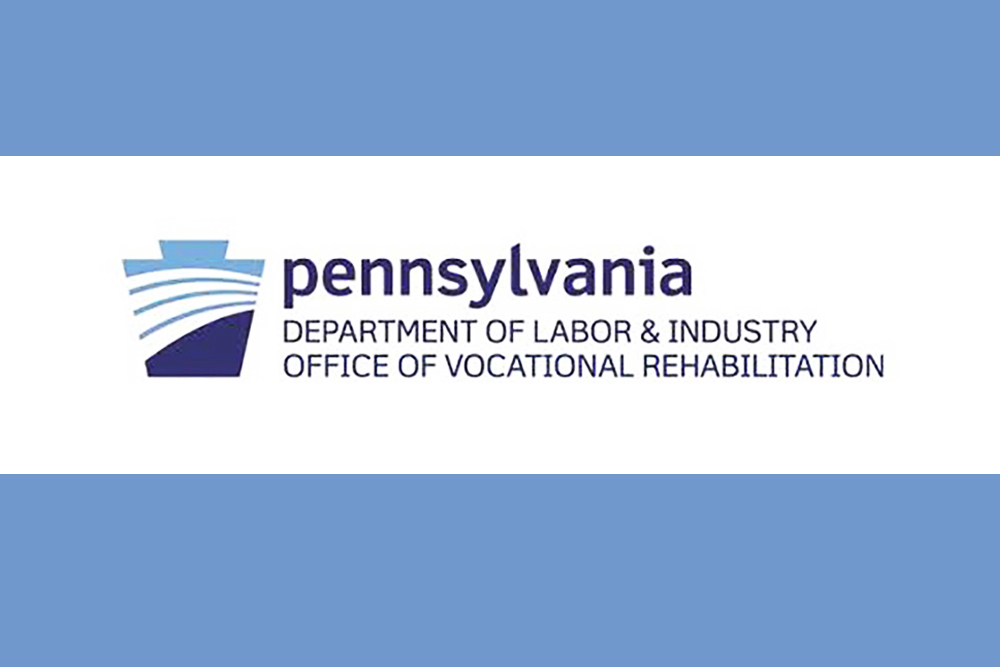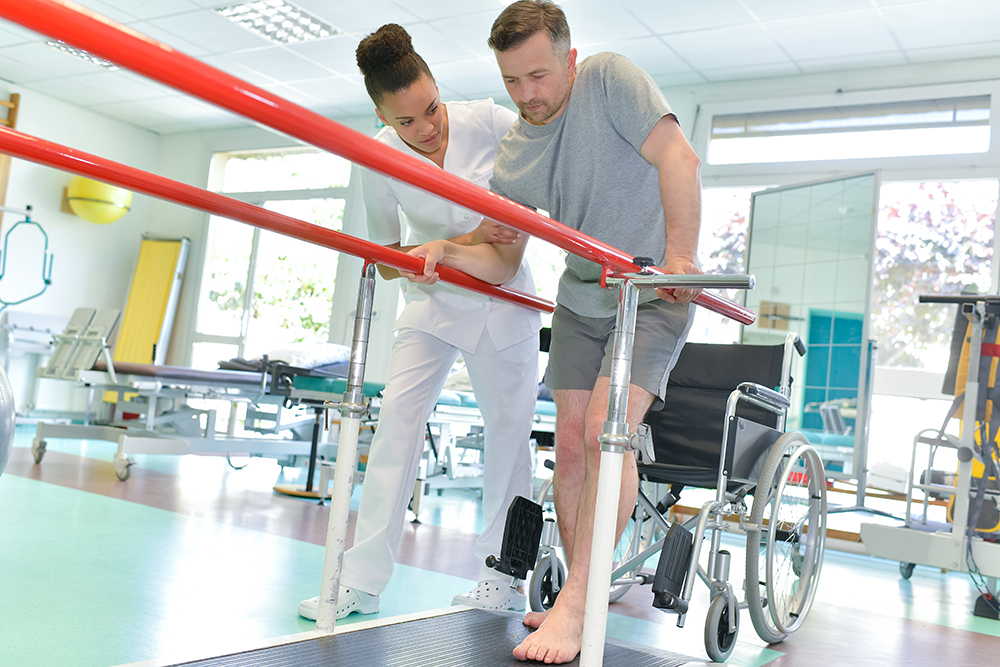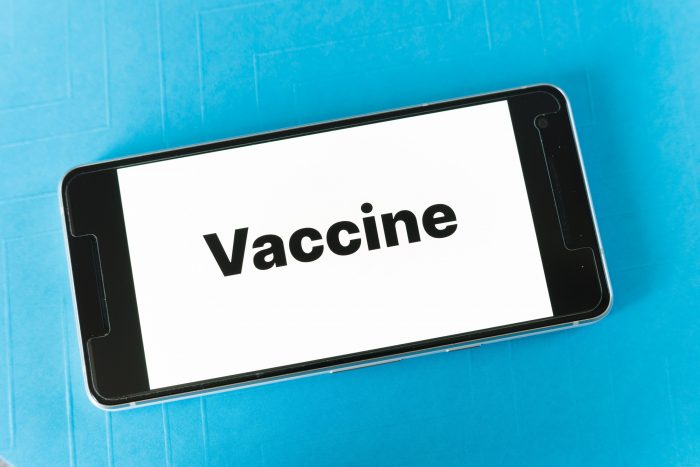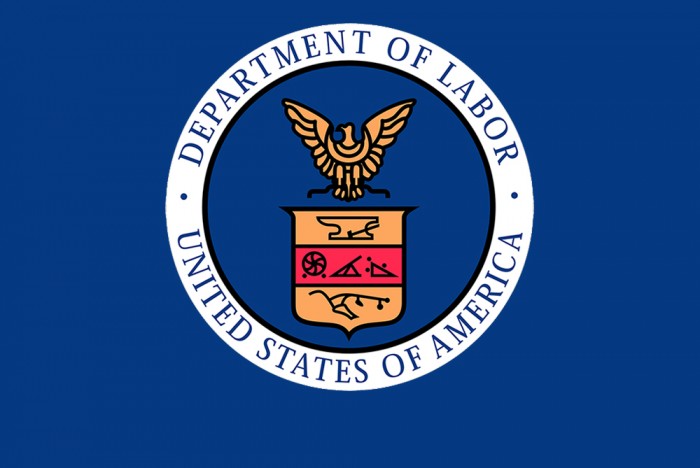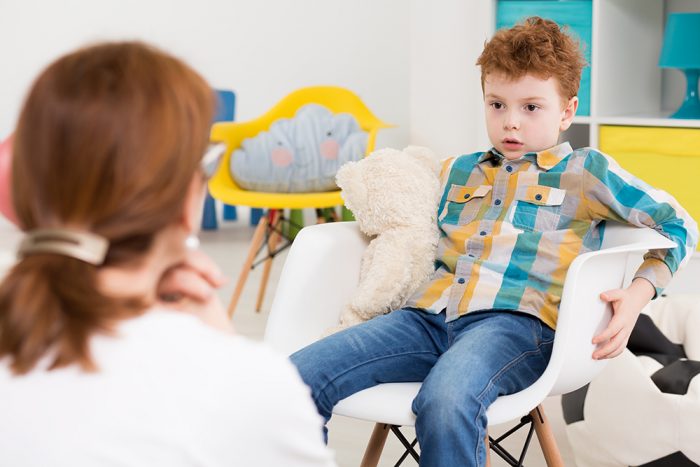From ANCOR:
This morning the White House released their skinny budget. We wanted to call your attention to this specific provision on page 13:
Enables Older Americans and People with Disabilities to Live Independently in Their Communities. The discretionary request builds on significant investments provided in the American Rescue Plan Act of 2021 by providing additional resources for the Administration for Community Living to help older adults and people with disabilities maximize their independence and well-being. The discretionary request provides relief to caregivers and families, including $551 million for home and community-based services, doubles funding for the Lifespan Respite Care program, increases resources for meal programs for older Americans, and expands services for individuals with disabilities.
You can read both the Discretionary Request and the Press Release.
——————————
Shannon McCracken
Vice President of Government Relations
ANCOR

